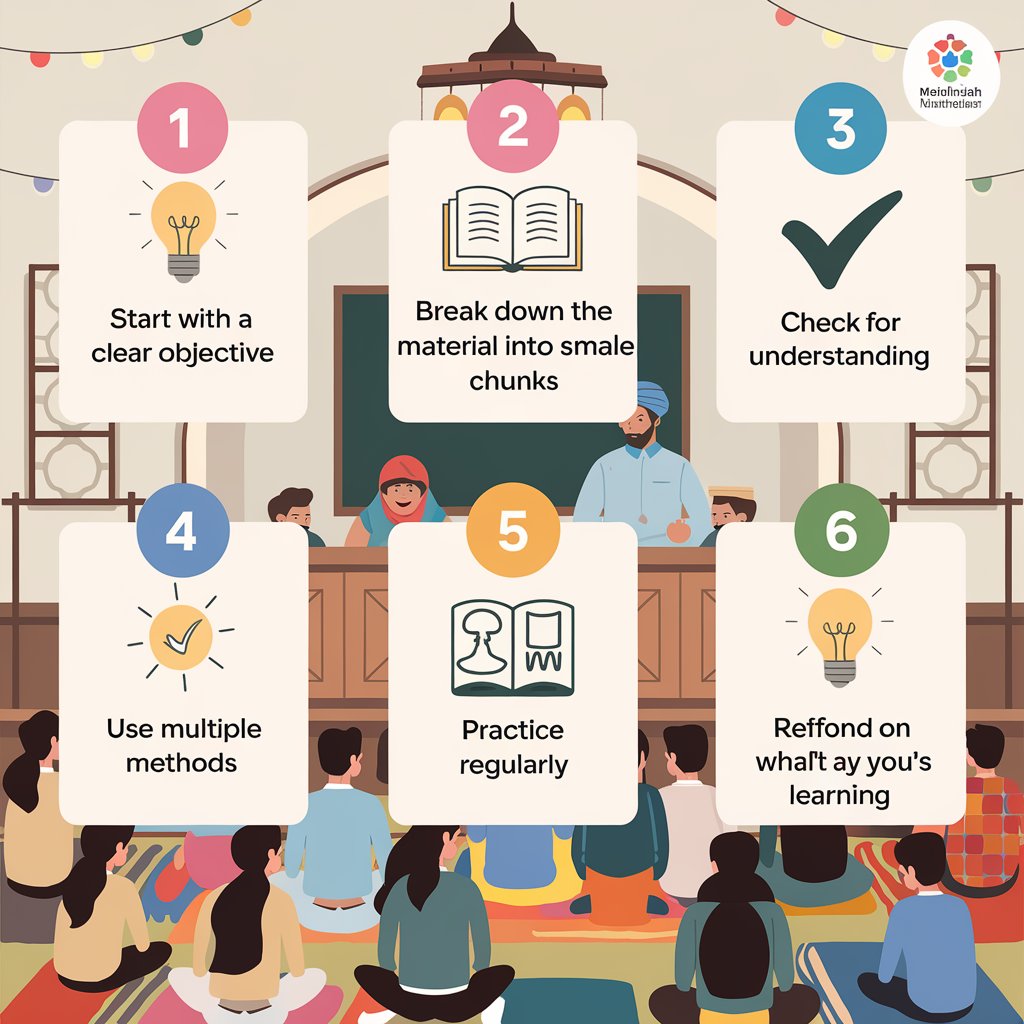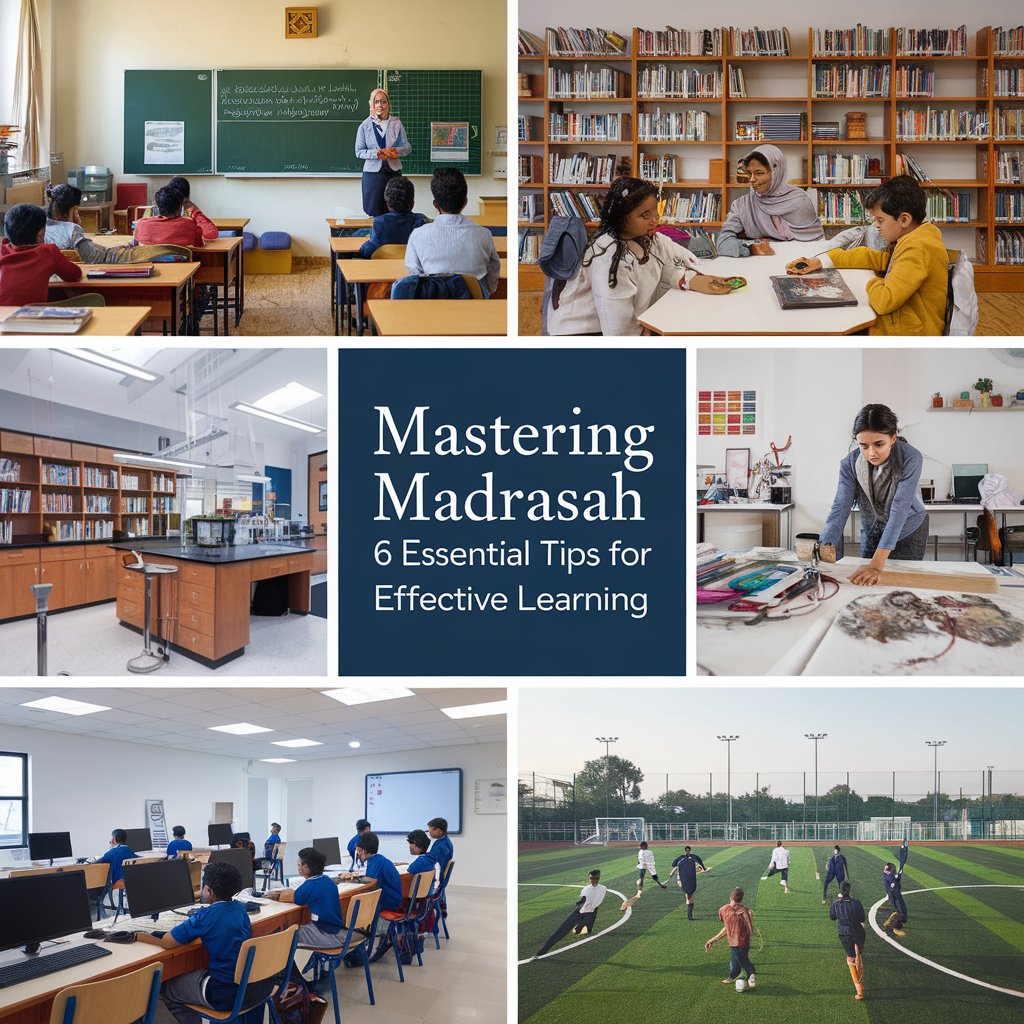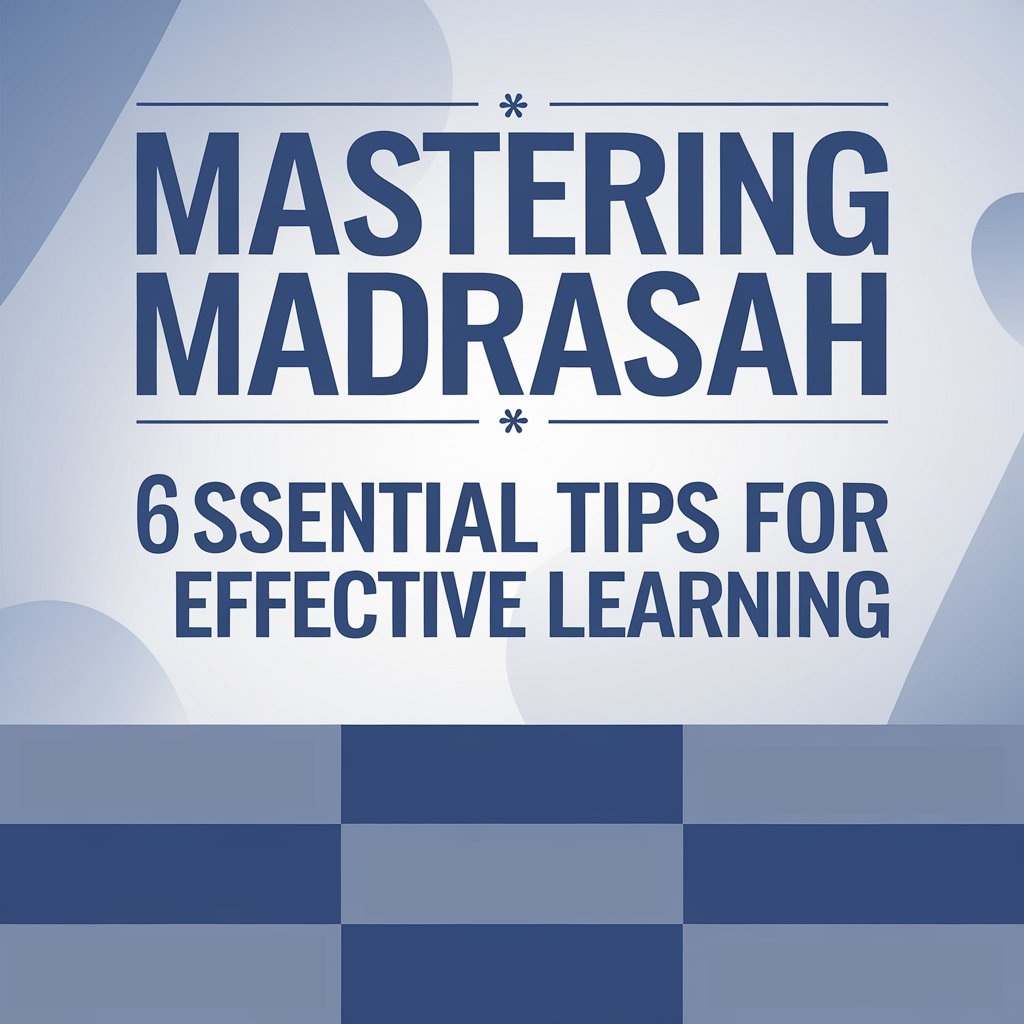Navigating the New Path: Support Systems for New Muslims
When someone embarks on the spiritual journey of accepting Islam, they often face a wide array of emotions—excitement, curiosity, and sometimes uncertainty. With a wealth of new information to process and significant lifestyle changes, new Muslims need strong support systems to help them navigate their path. In this article, we’ll delve into the curriculum and support systems for new Muslims, emphasizing how these systems can make a difference in their lives.

Table of Contents
Toggle1. Introduction
Imagine you’re standing at the entrance of a new city, eager to explore its streets and discover its hidden treasures, but also unsure of where to start. This is often how new Muslims feel as they begin their journey in Islam. The transition into a new faith brings joy but can also be overwhelming without the right guidance and resources. Support systems for new Muslims are like the city’s tour guides—helping newcomers find their way, understand the culture, and feel a sense of belonging.
In this article, we will explore why support systems are crucial, how they can be structured, and the role of the community in providing these essential tools. Whether you’re a new Muslim yourself, a mentor, or simply someone curious about how to help, this guide will offer valuable insights.
2. Why Do New Muslims Need Support?
Accepting Islam can be life-altering in many ways—emotionally, socially, and even physically. Many new Muslims find themselves navigating changes in their daily habits, such as learning how to pray, fasting during Ramadan, and understanding Islamic laws.
New Muslims face challenges like:
- Learning new rituals and practices.
- Adjusting to a new way of thinking.
- Overcoming social isolation, especially if family or friends do not share their faith.
In addition to learning the basics of Islam, new Muslims often need emotional and psychological support to ensure they feel grounded and welcomed.
3. Building an Inclusive Curriculum for New Muslims
One of the most critical aspects of supporting new Muslims is creating a well-structured curriculum that caters to their unique needs. This curriculum shouldn’t be a one-size-fits-all but instead should reflect the varying backgrounds, cultures, and educational levels of new Muslims.
Key elements of an inclusive curriculum:
- Basic Islamic Education: Understanding the Five Pillars, core beliefs, and major Islamic practices.
- Cultural Sensitivity: Recognizing and honoring the diverse backgrounds of new Muslims.
- Flexible Learning Options: Online classes, in-person workshops, and self-paced learning.
By ensuring that the curriculum is easy to follow and relatable, we allow new Muslims to learn at a pace that feels comfortable while still providing the essential knowledge they need.
4. Emotional and Spiritual Challenges Faced by New Muslims
New Muslims often encounter a range of emotional challenges, from family rejection to self-doubt. It is vital to acknowledge and address these emotional struggles early on, offering empathy and compassion.
Some common emotional hurdles include:
- Isolation: Feeling disconnected from non-Muslim family and friends.
- Self-Doubt: Questioning whether they are doing things “right.”
- Spiritual Pressure: Expecting to be a “perfect” Muslim right away.
Support systems should help new Muslims manage these expectations and offer reassurance that growth in faith takes time and patience.
5. The Role of Mentors and Guides in Support Systems
Think of mentors as personal coaches on the journey of faith. They provide not only Islamic knowledge but also emotional and spiritual guidance. A mentor can be a seasoned Muslim who understands both the technical aspects of Islam and the emotional challenges of conversion.
The importance of mentors:
- One-on-One Support: Personalized guidance and the chance to ask questions without judgment.
- Accountability: Helping new Muslims stay on track with learning and practicing Islam.
- Emotional Support: Being there when challenges arise, such as family disapproval or social struggles.

6. Establishing Local and Online Support Groups
In today’s digital age, support doesn’t always have to be in person. Many new Muslims benefit from joining local or online support groups where they can connect with others who share their experiences.
Types of support groups:
- Local Groups: Regular meet-ups, study circles, and workshops.
- Online Communities: Forums, social media groups, and virtual classes.
Support groups create a sense of community, providing new Muslims with friends and resources that help them feel less isolated and more confident in their faith.
7. The Importance of Islamic Education for New Muslims
For any new Muslim, knowledge is empowerment. Learning about Islam strengthens their faith and helps them understand why certain practices are performed.
Key areas of Islamic education:
- Understanding Quranic Teachings: Learning the meanings and lessons of the Quran.
- Hadith and Sunnah: Understanding the sayings and actions of the Prophet Muhammad (PBUH).
- Islamic History: Learning the journey of Islam’s early followers to gain context and inspiration.
An educated Muslim is a confident one. That’s why continuous learning is an essential part of any support system.
8. Customized Learning: From Basics to Deep Knowledge
Every person learns at their own pace. Some new Muslims may be ready to dive deep into Islamic theology, while others may prefer to start with the basics. A support system should accommodate both ends of this spectrum.
Levels of learning:
- Basic Level: Introduction to prayer, fasting, and basic Islamic beliefs.
- Intermediate: Deepening understanding of fiqh (Islamic jurisprudence) and other religious practices.
- Advanced: Exploring Islamic philosophy, history, and advanced theology.
Tailoring the educational experience helps new Muslims feel more comfortable and ensures that they don’t get overwhelmed.
9. Incorporating Life Skills in the Curriculum
Being a good Muslim isn’t just about knowing how to pray; it’s about living a balanced, meaningful life. Incorporating life skills into the curriculum can help new Muslims thrive both spiritually and practically.
Key life skills include:
- Time Management: Balancing daily prayers with work and family life.
- Conflict Resolution: Dealing with family or social conflict due to the change in faith.
- Emotional Intelligence: Managing emotions such as guilt, fear, and excitement in a healthy way.
By integrating life skills, we empower new Muslims to navigate both their spiritual journey and daily life challenges effectively.
10. Encouraging Community Involvement and Belonging
No one should walk the path alone. A sense of community is vital for new Muslims to feel like they belong. Whether it’s participating in mosque activities or volunteering for community service, involvement fosters belonging.
Community involvement could include:
- Volunteering: Helping at the mosque or Islamic center.
- Social Events: Attending community iftars, Eid celebrations, and social gatherings.
- Interfaith Dialogues: Engaging with other religious communities to build mutual understanding.
Building these connections helps new Muslims feel supported and less isolated.
11. How Family and Friends Can Be Part of the Support System
Family and friends play a critical role in the emotional well-being of new Muslims. Their support—or lack thereof—can greatly impact the convert’s experience. Educating loved ones about Islam can help them better understand and support the new Muslim.
Tips for family and friends:
- Patience and Understanding: Recognize that the transition may be difficult for everyone involved.
- Open Communication: Allow space for questions and concerns.
- Supportive Actions: Encouraging learning, attending events together, or just being there for moral support.
A strong family and friend network can make all the difference in how confident a new Muslim feels in their new identity.
12. Developing Emotional and Mental Resilience
Resilience is essential for any new Muslim. The ability to cope with challenges, whether emotional or social, will help them stay firm in their faith.
Ways to build resilience:
- Mindfulness and Reflection: Regular prayer and reflection help maintain mental peace.
- Seeking Counseling: Professional help, especially for those facing family rejection or extreme stress, can be crucial.
- Connecting with Support Groups: Having a network to lean on makes a world of difference in times of doubt or struggle.
Support systems should provide resources and encourage the development of emotional resilience.
13. The Role of Islamic Centers and Mosques
Islamic centers and mosques are the heart of any Muslim community. For new Muslims, these institutions offer not just spiritual guidance but also social and educational support.
Key roles of mosques and centers:
- Providing Education: Offering classes, lectures, and workshops.
- Hosting Events: Celebrating Islamic holidays and organizing community events.
- Mentorship Programs: Pairing new Muslims with mentors for personalized support.
Mosques should aim to be welcoming spaces where new Muslims feel comfortable asking questions and participating in community life.
14. Leveraging Technology for Support and Learning
In a world where technology connects people across continents, new Muslims can tap into a wealth of online resources for both learning and support.
Popular tech tools include:
- Islamic Apps: For prayer times, Quranic recitations, and Islamic learning.
- Online Classes: Offering flexibility for those who cannot attend in-person sessions.
- Social Media Groups: Building connections with other Muslims and joining online communities.
Technology can supplement in-person support, especially for those living in remote areas without a local Muslim community.
15. Conclusion: A Journey of Growth and Empowerment
Becoming a Muslim is a transformative experience, and the right support systems are crucial for helping new Muslims thrive. Whether through structured education, emotional guidance, or community involvement, these support systems empower new Muslims to confidently embrace their faith.
New Muslims don’t just need information; they need understanding, encouragement, and community. With the right resources, their journey will be one of growth, learning, and profound spiritual fulfillment.
16. FAQs
1. Why is it important to have a support system for new Muslims?
A support system helps new Muslims navigate the emotional, spiritual, and social challenges that come with accepting a new faith. It ensures they have the resources they need to grow and feel a sense of belonging in the Muslim community.
2. What should be included in the curriculum for new Muslims?
The curriculum should include basic Islamic knowledge, cultural sensitivity, and life skills. It should also offer different levels of learning, from introductory courses to more advanced theological studies.
3. How can family and friends support a new Muslim?
Family and friends can support by being patient, asking questions to understand the new faith, and encouraging the new Muslim in their learning and practices. Open communication and understanding are key.
4. How can technology aid new Muslims in their learning journey?
Technology offers numerous tools, such as Islamic apps, online classes, and social media groups, that can help new Muslims learn at their own pace and connect with supportive communities globally.
5. What role do mosques play in the support of new Muslims?
Mosques serve as community hubs where new Muslims can learn, ask questions, attend events, and be paired with mentors. They provide both spiritual guidance and social support, creating a welcoming environment.
Half Week Free Trial Classes
Upon completion of your course, you will receive a complimentary certificate. What are you waiting for, then?
Enroll in our class now for a free trial.
Read More: Why Learning Quran is Important



